.webp?width=1920&height=678&name=banner%20Image%20(2).webp)
Working with differences to strengthen peace, democracy, and people-centred justice
Find out how Reos Partners’ approaches enable diverse stakeholders to collaborate across cultures, perspectives, and deep divides to build and sustain peace, democracy and people-centred justice.
Our world consists of diverse cultures, values, and viewpoints. Working across these differences is essential to strengthening peace, democracy, and people-centred justice.
When we work together to solve issues, we develop a deeper understanding and empathy for others, and we can create long-lasting solutions that benefit everyone.
Building and sustaining peace and justice depends on acknowledging and addressing underlying causes of conflict, including systemic inequalities and social injustices.
For over two decades, Reos Partners has been forging innovative approaches to peace, democracy, and people-centred justice, including in deeply conflicted places. We don’t work as conventional peace negotiators or mediators but as facilitators across multiple perspectives.
Our multicultural teams are practiced in being with polarities and tensions and helping people find a peaceful and creative way to move forward together – not necessarily by resolving their differences, but sometimes despite these.
We’ve repeatedly seen that real progress toward reconciliation and renewal is possible even in complex, entrenched conflicts.
Examples of our peace, democracy, and people-centred justice work
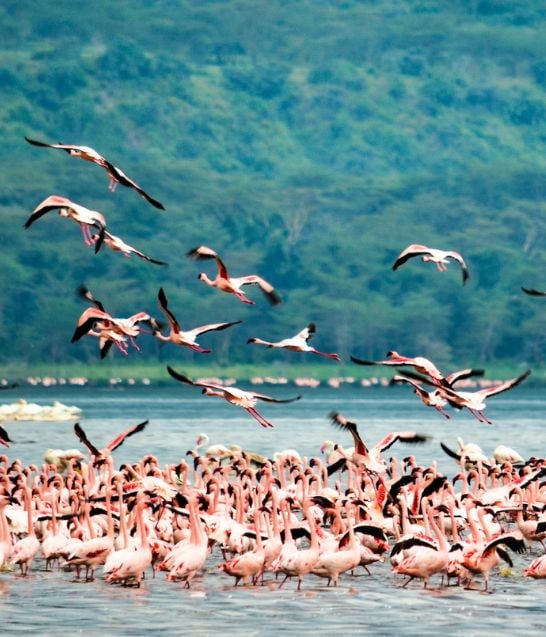
Mont Fleur Scenarios: envisioning South Africa’s transition from apartheid to democracy
Challenge: In 1991, Nelson Mandela was released from prison, and the negotiations to end apartheid in South Africa began. A diverse team of leaders – from the opposition and the establishment, left and right, black and white, businesspeople, politicians, academics, trade unionists, and community workers – gathered to create a road map for the transition from apartheid.
Partnership: Reos Partners’ Adam Kahane was invited to facilitate what became known as the Mont Fleur Scenario Exercise. Using transformative scenarios, the group explored how the South African transition will go and whether the country will succeed in “taking off”.
Transformation: Published in 1992, the scenarios provided a road map for the transition to democracy. They helped shift the economic thinking and action of the African National Congress (ANC) government, strengthen relationships and alliances among leaders, establish clearer intentions and commitments as to what these leaders need to do, and develop actions to co-create a democratic South Africa.
In January 2010, eighteen years after the release of the scenarios, Clem Sunter, South Africa’s foremost corporate scenario practitioner wrote: “So take a bow, all you who were involved in the Mont Fleur initiative. You may have changed our history at a critical juncture in the fortunes of the world”.
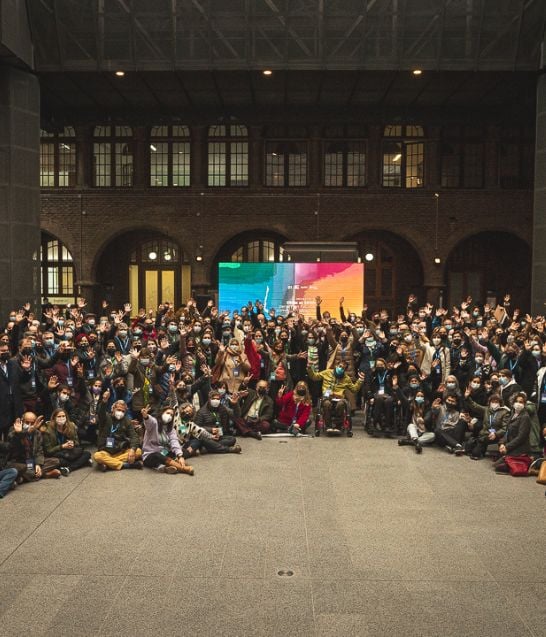
Chile to 2030: building a collaborative platform to foster cohesion for Chile’s political future
Challenge: In 2019, Chile experienced a period of political and social unrest. A collaborative citizen advocacy platform called Tenemos Que Hablar de Chile (We Have to Talk About Chile) was created in response.
Partnership: Supported by Reos Partners, Chileans from diverse backgrounds were guided to create scenarios – relevant, challenging, plausible stories – to influence and contribute to public policies and help engage citizens in the major political events taking place in the country.
We used transformative scenarios to organise and capture citizen dialogue about Chile’s future. This method enabled citizens to align and co-create scenarios that hypothesise what could happen in Chile between 2022 and 2030.
Transformation: Participants developed four scenarios to demonstrate the implications of possible futures. These scenarios serve as a tool for Chileans to prepare and adapt to the future and contribute to transforming it towards a more just and equitable country.
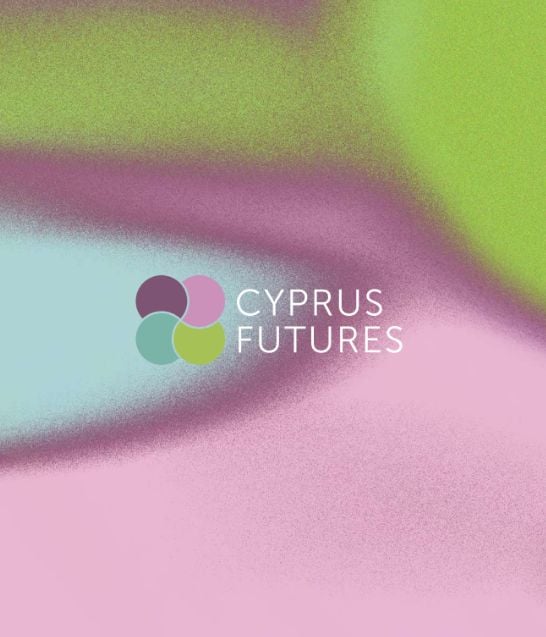
Cyprus transformative scenarios process: shaping the future of Cyprus
Challenge: Cyprus is a beautiful yet divided island. With social, economic, geopolitical, religious and ethnic tensions rooted in its complex history and which remain unresolved to this day, many people in Cyprus feel the current situation is stuck. In the decades of efforts to address and solve the Cyprus problem and navigate the island's future, many worthy endeavours have been made to initiate, support, or implement initiatives and solutions.
Partnership: A transformative scenarios process was implemented by Reos Partners, Results Mediation Foundation and the PRIO Cyprus Centre with the support of the governments of the Netherlands, Finland, and Norway to unite the divided island.
In 2022, the project convened a committed team of Cypriot individuals from diverse perspectives across sectors, including Greek Cypriots, Turkish Cypriots, and religious minorities., who have developed future narratives for their island.
Transformation: The scenario team elaborated four stories they believe need to be told and understood about what could happen between now and 2035. Each scenario is a separate “world”, a distinct future reality. Together they are meant to feed into a broad and inclusive conversation in and around Cyprus about the island's opportunities and challenges.
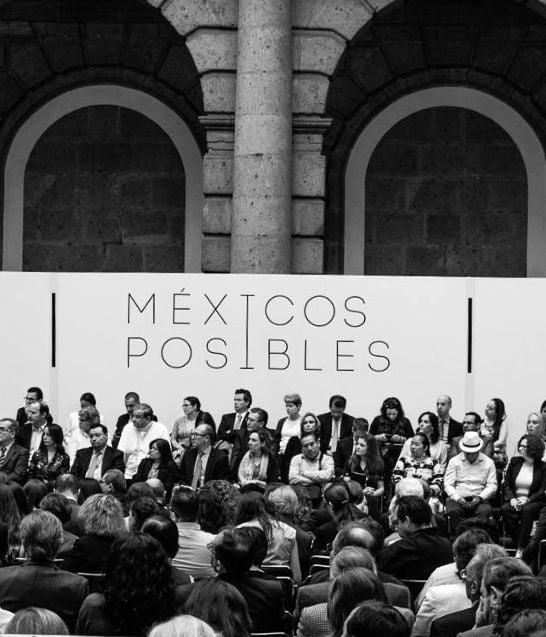
Méxicos Posibles: establishing spaces for dialogue and action to transform Mexico’s future
Challenge: Mexico faces severe challenges summarisable as “the three I’s” – insecurity, illegality, and inequity – which create high levels of social and political polarisation and violence. A group of concerned citizens – business people, academics, and civil society leaders – invited Reos Partners to work with them to address the three I’s, resulting in the Méxicos Posibles (Possible Mexicos) initiative.
Partnership: Since 2014, Méxicos Posibles has brought together a diverse group of over 100 concerned Mexican leaders, including public officials, legislators from different political parties, members of the security forces, business people, members of the clergy, academics, journalists and civil society activists in a variety of projects to find ways to address the country’s daunting nexus of challenges.
Transformation: The members of Méxicos Posibles have developed a shared analysis of some of the futures that are possible in Mexico – expressed in terms of four scenarios – and have worked together in fields including initiatives on legal reform, local peacemaking, household worker rights, earthquake preparedness, and public education, to contribute to enacting their vision of a better future.
In this way, they have created a “living example” of an unconventional method for diverse actors – including those who don’t agree with, like, or trust each other – to collaborate on complex issues of common concern.
Peace, democracy, and people-centred justice project videos
